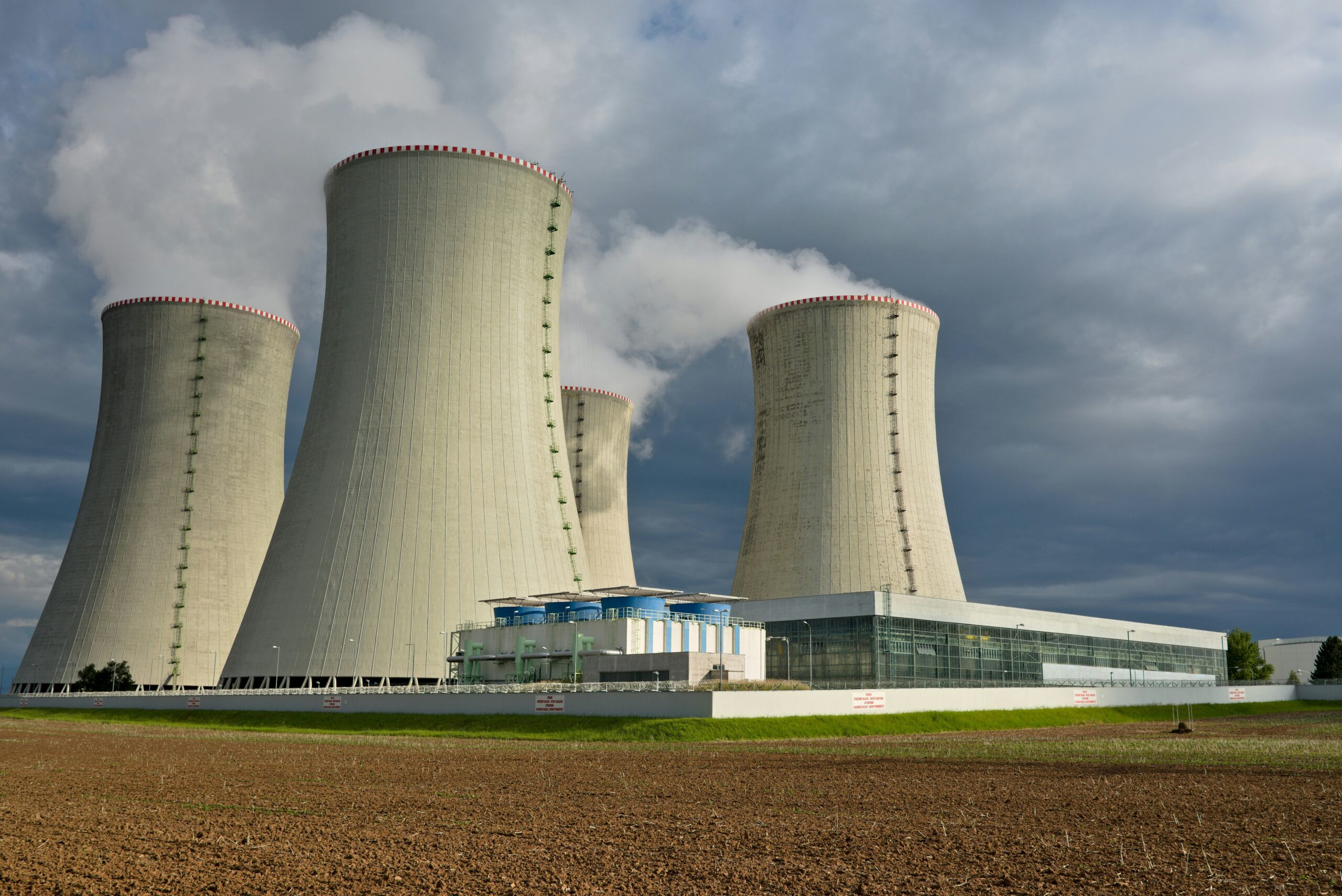
In the modern world, the global power structure is shifting, and emerging powers are playing an increasingly prominent role in shaping international policies, including nuclear policy. These nations, often characterized by rapid economic growth, political influence, and military advancements, have the potential to redefine the dynamics of nuclear strategy and non-proliferation efforts. Understanding their impact on nuclear policy is essential for both the stability of the current nuclear order and the prospects for global peace.
Emerging Powers and Their Growing Influence
Emerging powers, such as India, China, Brazil, and South Africa, are not only gaining influence on the economic stage but also becoming key players in nuclear diplomacy. Unlike established nuclear powers, these nations bring a fresh perspective on nuclear policy, driven by their unique geopolitical and domestic concerns. For instance, China’s rise as a global superpower has led to a re-evaluation of nuclear strategy in the Asia-Pacific region. Similarly, India’s nuclear ambitions are reshaping the security calculus in South Asia, where regional stability is intricately linked to the presence of nuclear weapons.
The growing influence of these countries has prompted a shift in how nuclear policy is crafted and negotiated. Traditionally, nuclear policies were dictated by the United States, Russia, and other established nuclear powers. However, emerging powers are now actively engaging in multilateral discussions, advocating for a more inclusive and equitable approach to nuclear disarmament, arms control, and non-proliferation.
The Nuclear Dilemma of Emerging Powers
For many emerging powers, nuclear weapons serve as both a deterrent and a symbol of national strength. In regions with unstable security environments, nuclear weapons provide a means of self-preservation and strategic leverage. Countries like North Korea and Iran have pursued nuclear capabilities, partly driven by the desire to assert their sovereignty and challenge existing power structures. The pursuit of nuclear arms by such nations highlights the broader challenges in the nuclear policy realm: balancing the legitimate security concerns of emerging powers with the global push for non-proliferation.
Emerging powers often face the dilemma of whether to maintain or expand their nuclear arsenals in a world that is increasingly calling for disarmament. As a result, nuclear policy among these nations tends to be shaped by a mix of pragmatic security needs and ideological commitment to global nuclear governance frameworks, such as the Non-Proliferation Treaty (NPT). However, these countries also frequently seek exemptions or reinterpretations of the rules, arguing that their security needs warrant special consideration.
Shaping Global Nuclear Policy
The influence of emerging powers is particularly evident in the arena of global nuclear policy and arms control agreements. As these nations gain more influence, the traditional nuclear order is under pressure to adapt to the changing geopolitical landscape. For example, emerging powers are calling for reforms to the NPT, arguing that the treaty’s emphasis on nuclear disarmament and non-proliferation needs to be balanced with the recognition of their right to peaceful nuclear technology.
At the same time, emerging powers are also playing a crucial role in regional nuclear dynamics. Their strategic partnerships, both with established nuclear powers and with one another, are reshaping the balance of power. The growing cooperation between China and Pakistan in nuclear matters, or the nuclear rivalry between India and Pakistan, demonstrates how emerging powers are defining their regional security strategies based on nuclear capabilities.
The Path Forward for Nuclear Policy
As emerging powers continue to rise on the global stage, their role in shaping nuclear policy will only grow more significant. The challenge for the international community will be to find a way to integrate these new players into a framework that ensures both security and stability. This will require a delicate balance between accommodating the aspirations of emerging powers and preserving global non-proliferation goals.
The role of emerging powers in shaping the future of nuclear policy cannot be underestimated. Their evolving nuclear strategies, often driven by regional security concerns and the desire for global influence, are challenging traditional nuclear frameworks. For the international community, the task will be to foster dialogue and cooperation while ensuring that the ultimate goal of a secure, nuclear-free world remains within reach.